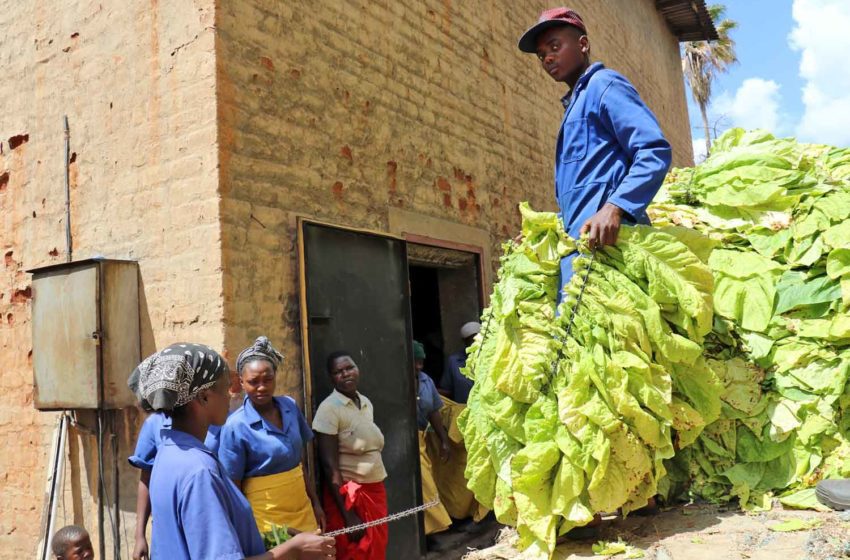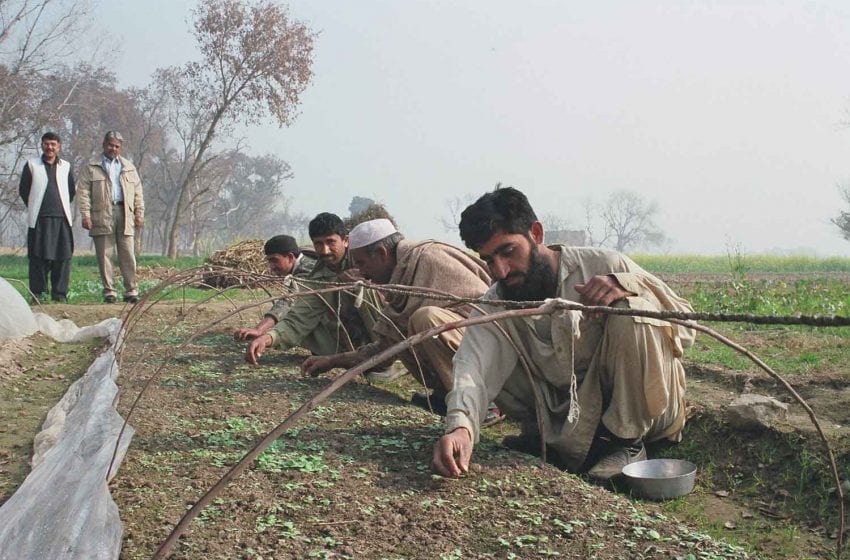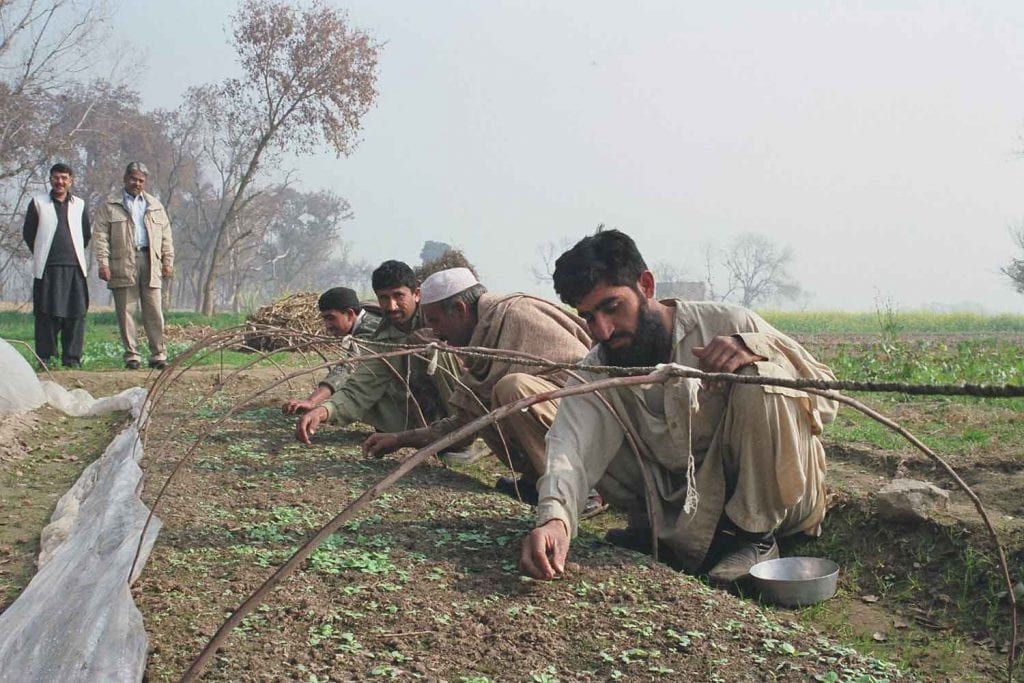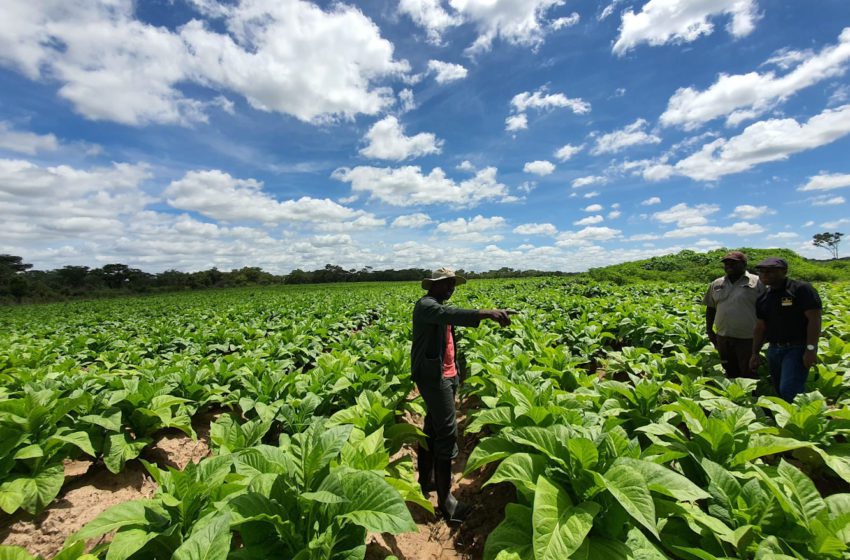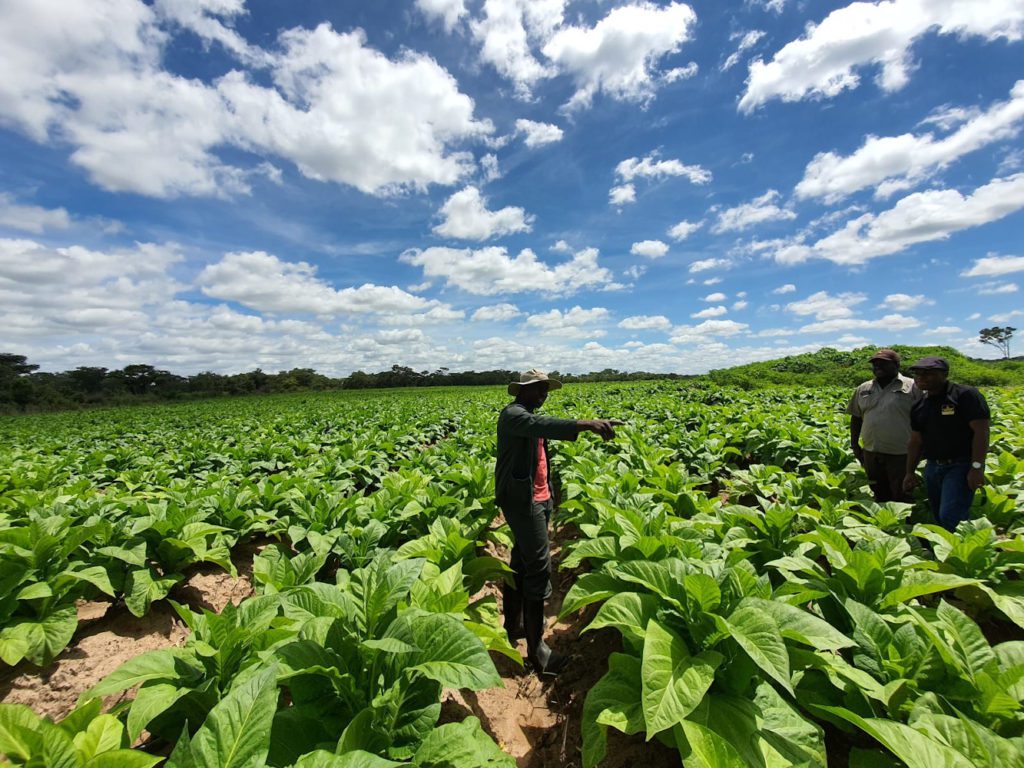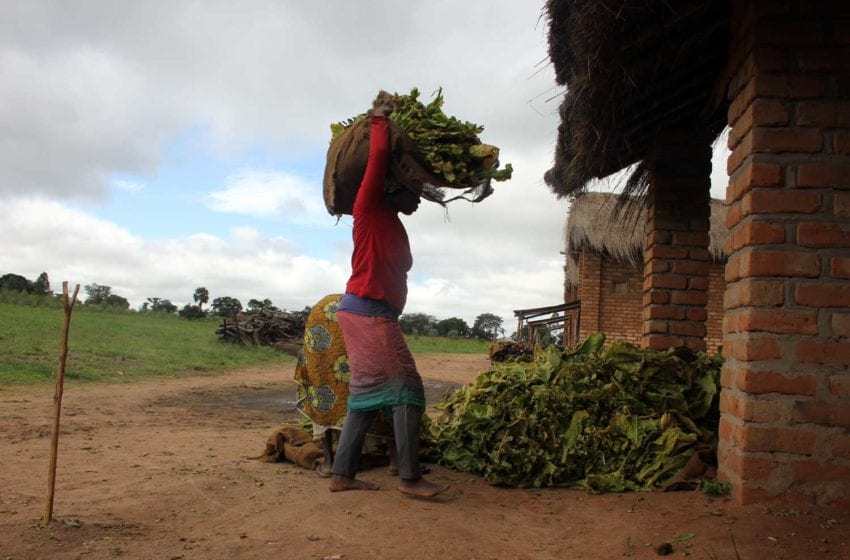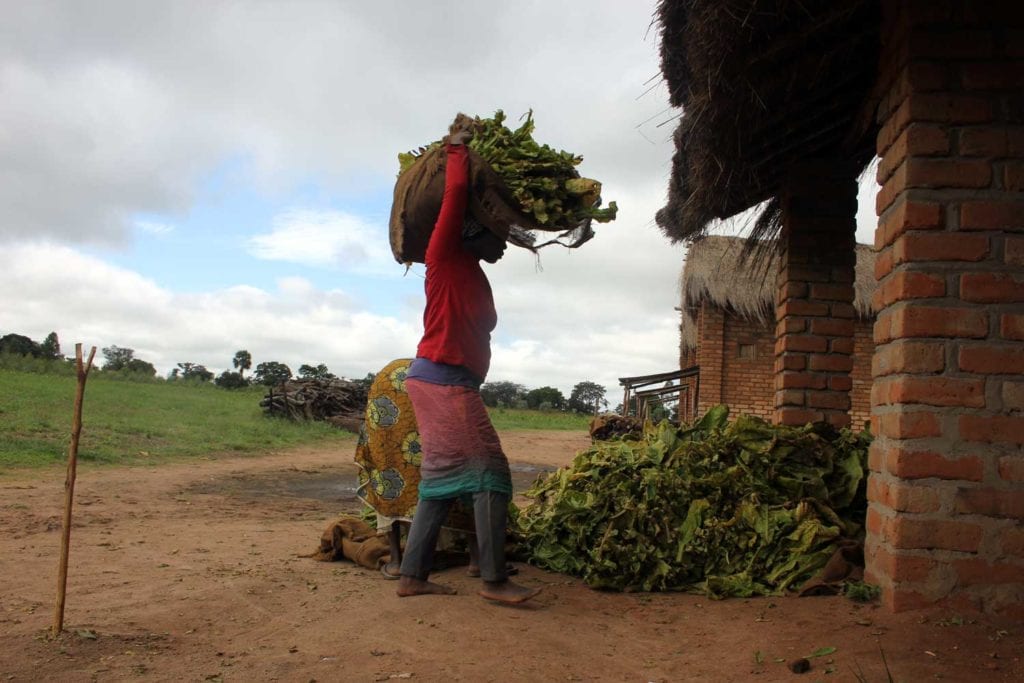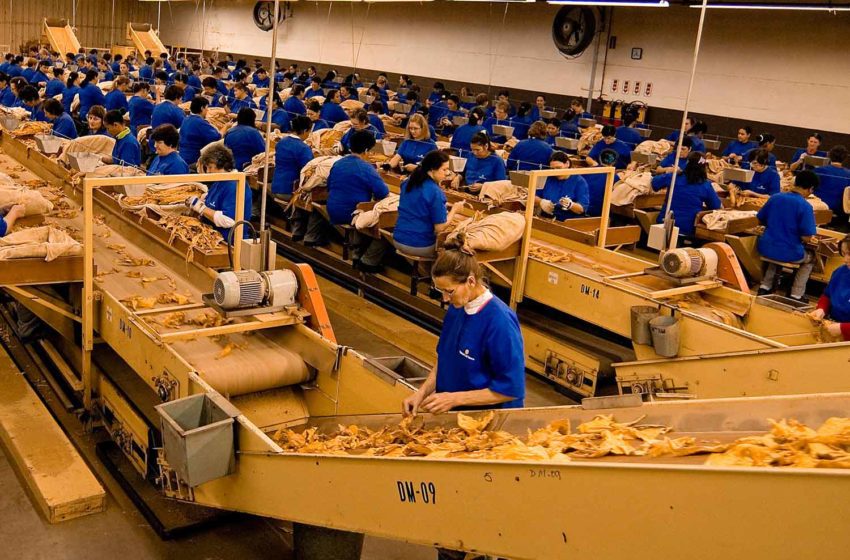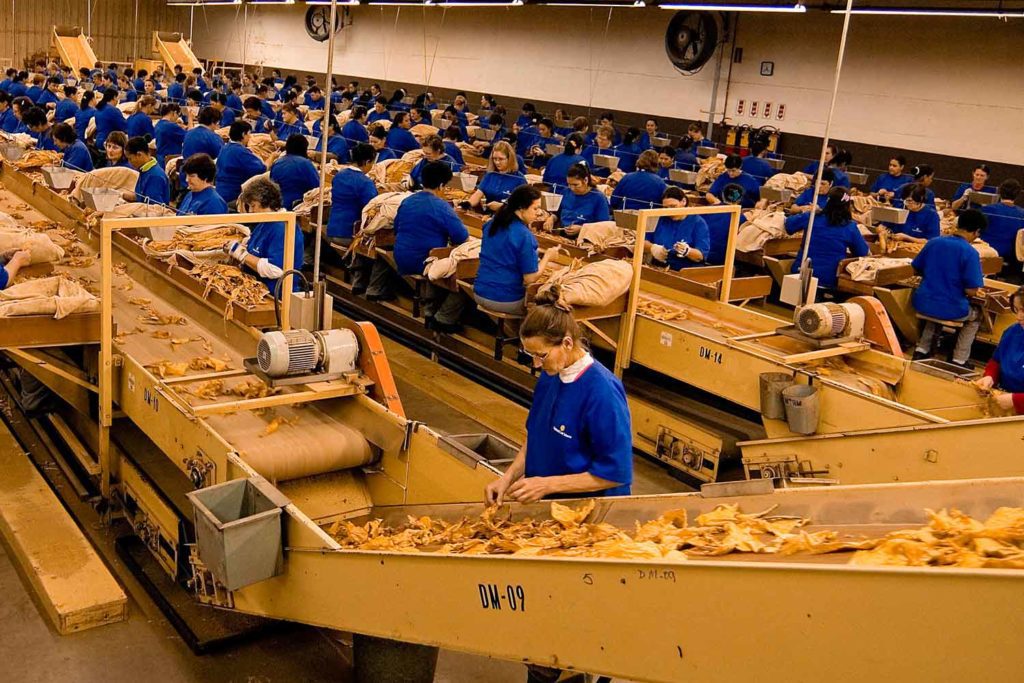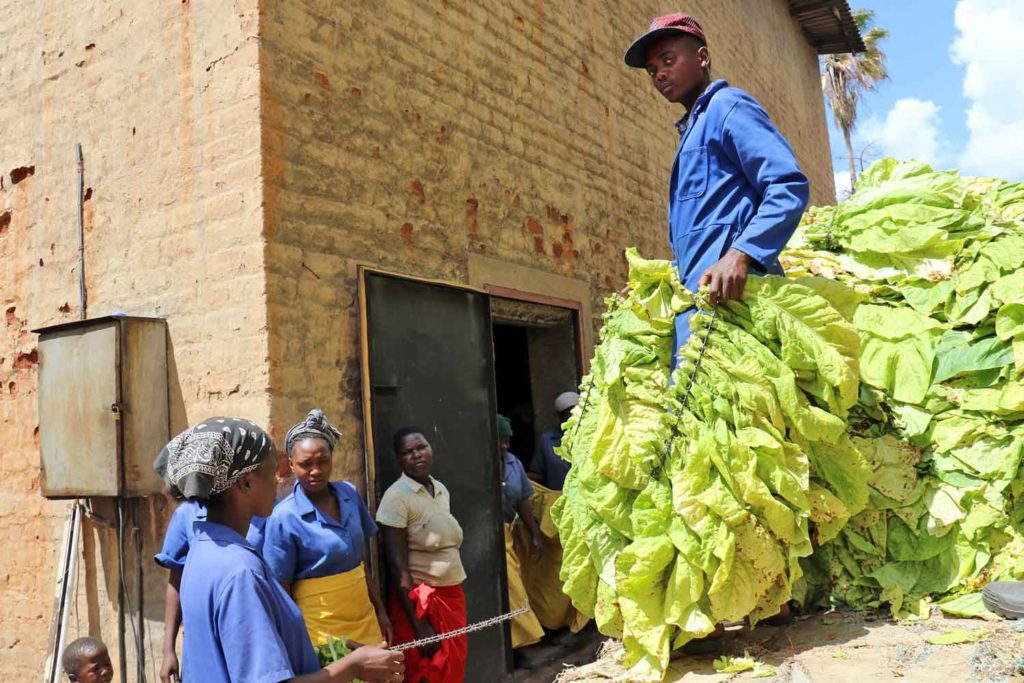
An El Nino-induced drought has slashed volumes but raised farmers’ hopes for strong pricing.
Zimbabwe’s tobacco volume is likely to be at least 10 percent below last year’s record 296 million kg due to drought, reports Reuters.
The growing season was impacted by El Nino, a natural climate phenomenon in which the surface waters of the central and eastern Pacific Ocean become unusually warm, causing changes in global weather patterns.
At 113,000 hectares, the tobacco growing area this season was 3 percent smaller than that of last year. Yields per hectare were down, as well.
Following an ambitious land reform in the 2000s, Zimbabwean tobacco production is dominated by smallholder farmers who lack irrigation systems.
Zimbabwe’s two licensed Harare auction floors, which handle approximately 5 percent of the country’s tobacco crop, are scheduled to open tomorrow. Deliveries for the far-larger contract sales will commence on Friday.
Contract tobacco sales will be conducted not only in Harare, but also at approved decentralized selling centers in the countryside. These were set up during Covid-19 to minimize travel but proved so successful that they were maintained after the pandemic receded.

